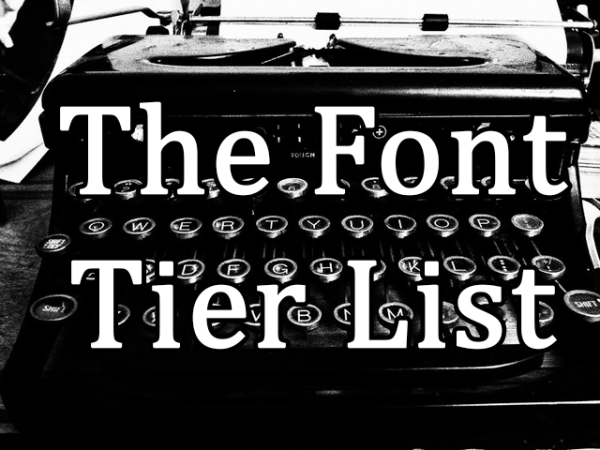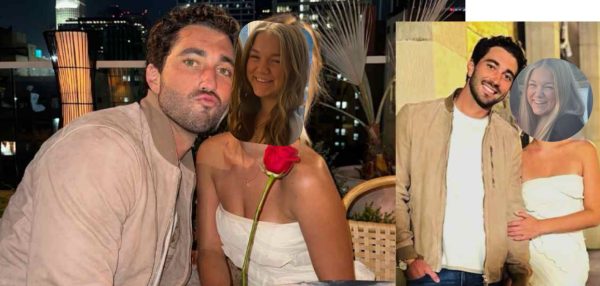What is White Privilege?
How and why all white Americans have privilege over minority groups, regardless of their ubpringings.
Since it’s Black History Month, I think it’s necessary to inform and open the discussion about white privilege at our school. As we all know, black history is filled with trauma and injustice due to racial inequality, and I don’t think that’s too debateable. At the very least, white people think back to slavery and say “Yup. That was horrible. What a terrible thing to do to somebody”. However, that same attitude we use today to refer to the past can still be applied today, and it’s all because of white privilege. It is important to recognize and analyze this trauma so that white Americans can accept their privilege and use it to incite change. But, I’m getting too ahead of myself; I need to explain what “white privilege” is in the first place! So without further ado, here is what it means to have “white privilege” coming from a cis white teen female from the suburbs.
***DISCLAIMER: When I say “you” or “we”, I’m directing it towards white people! Not minorities! And I am not saying all minority issues are the same/are experienced the same! I am in no means calling any of my readers racist- that’s not my place. But I can call out racist behavior! The point of this article is to provide the perspective of a cis white teenage female
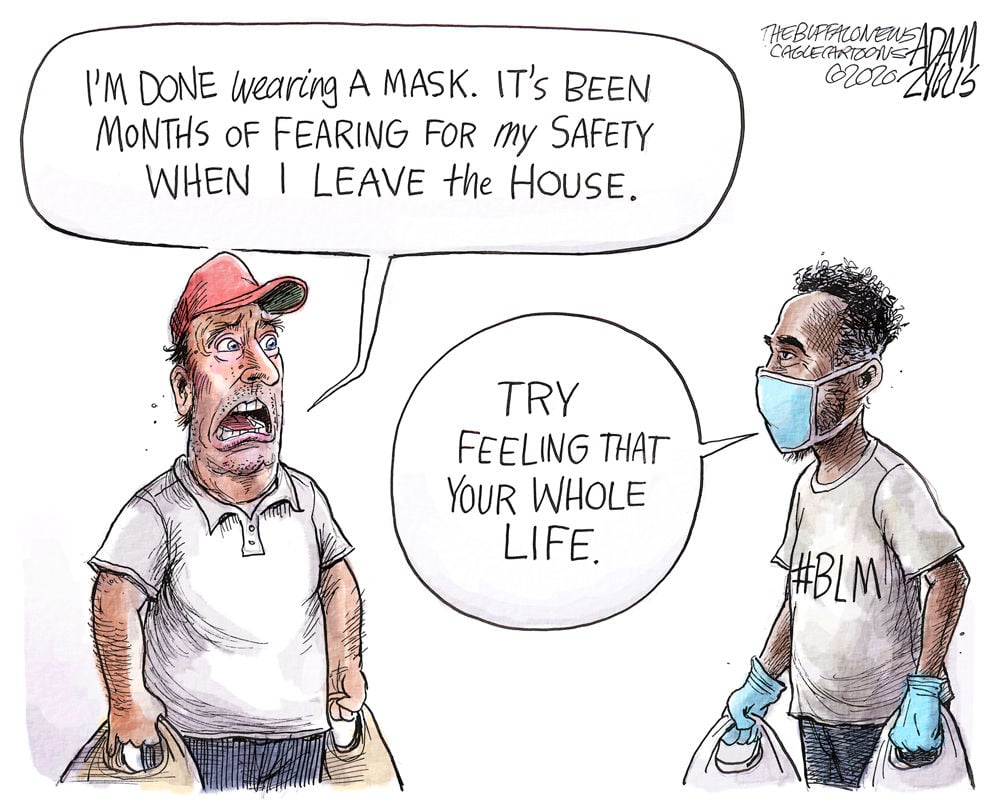
Upon hearing the term “white privilege”, many white people, including myself at one point, think “privilege? I don’t have privilege! My family worked for what they had on their own!”. Although, yes, you may not be “privileged” in the sense that you’re Bill Gates rich, all white people, at least in America, are born with privilege over other minority groups just because of their “whiteness”. Privilege is broad, yes, I know, but white privilege comes in many toxic forms. Still, this may not make too much sense, and I don’t blame any of you if you are confused at this point. So, I’m going to be sectioning this article to make it easier to follow (hopefully!). The following categories represent areas where white privilege lies most.
The Past (overview):

So obviously, white people have had power in America since its conception. With this, along with years and years of discrimination to anyone who wasn’t white or white-passing, and at some points, even to those who were white, power and privilege was awarded to those represented in government. So, the people in power have always been white, and because there was already existing racism in the colonies due to slavery, the rights described in the Bill of Rights only applied to rich white men. Of course, this leads to discrimination against women and classes, but that’s another story for a different time. With white men being in charge, all systems were created to appeal to them. This includes the policing system and law enforcement, national and state banks, healthcare, and the job market. Because the black population was not able to fully and legally vote in every state until the late 60s (I’m looking at you, Alaska), black voices were minimal in politics. Obviously, black voices aren’t the only ones to be silenced; Indigenous peoples were not granted the right to vote until the late 20s, Asians until the 50s, and those previously convicted still do not have the right to vote in certain states (we’ll discuss why this is a racial problem later). With a small amount of minority perspectives being present in politics until the late 20th century, it makes a lot of sense that the government was created to cater to one type of person; the white male. Rights are being discussed daily in politics, and we’re still able to see the disproportionate levels of representation in our government even 50 years later. I want to note that our founding fathers created this country for the purpose of freedom, but freedoms for anyone who wasn’t a small, select group of people were nonexistent until the 20th century. Of course, there’s more to discuss about the history of white privilege, but we will dive into that further in the “politics” section of this article.
“Colorblindness”:
Other than being outwardly racist or using micro-aggressive speech on the daily (statements/actions that are subtle or unintentional forms of discrimination towards racial and ethnic minorities), colorblindness is one of the more toxic forms of modern day racism. Colorblindness, for example, is when you say or think “hey, I’m not racist, I don’t see color” or, “hey, I’m not racist, I have black friends”. Although you may not think you are racist, or that you have a bias, our society has forced us to think the way we do. Whites have the ability to ignore race because racial issues do not affect them. Once we are cognizant of the racial issues in our country and admit to ourselves that the system is, in fact, racist, then we can make steps towards equality that expands upon laws. Although it would be nice to ignore race and to say we don’t have these biases, it is impossible in our modern day society due to events of our past. Continuing to ignore race and to ignore issues that don’t concern us only make the racial divide worse, and this is present in our history. George Washington and Thomas Jefferson often wrote about their detestment of slavery, but they continued to fuel the practice because they owned dozens of slaves themselves. Abraham Lincoln eradicated slavery for (debatably) the wrong reasons; to end the turmoil between the Union and the Confederacy rather than to provide basic human rights for African American slaves. The presidents for the following century were more focused on broad scale issues that disproportionately affect minorities and women. Changes in equality were never made and hardly addressed, and minority voices were only projected due to protest; with a disregard for race, no wonder racial issues are so present now. By this point, I hope that I’ve made it clear that if we do not recognize the situations that do not necessarily affect us, the issue will only worsen.
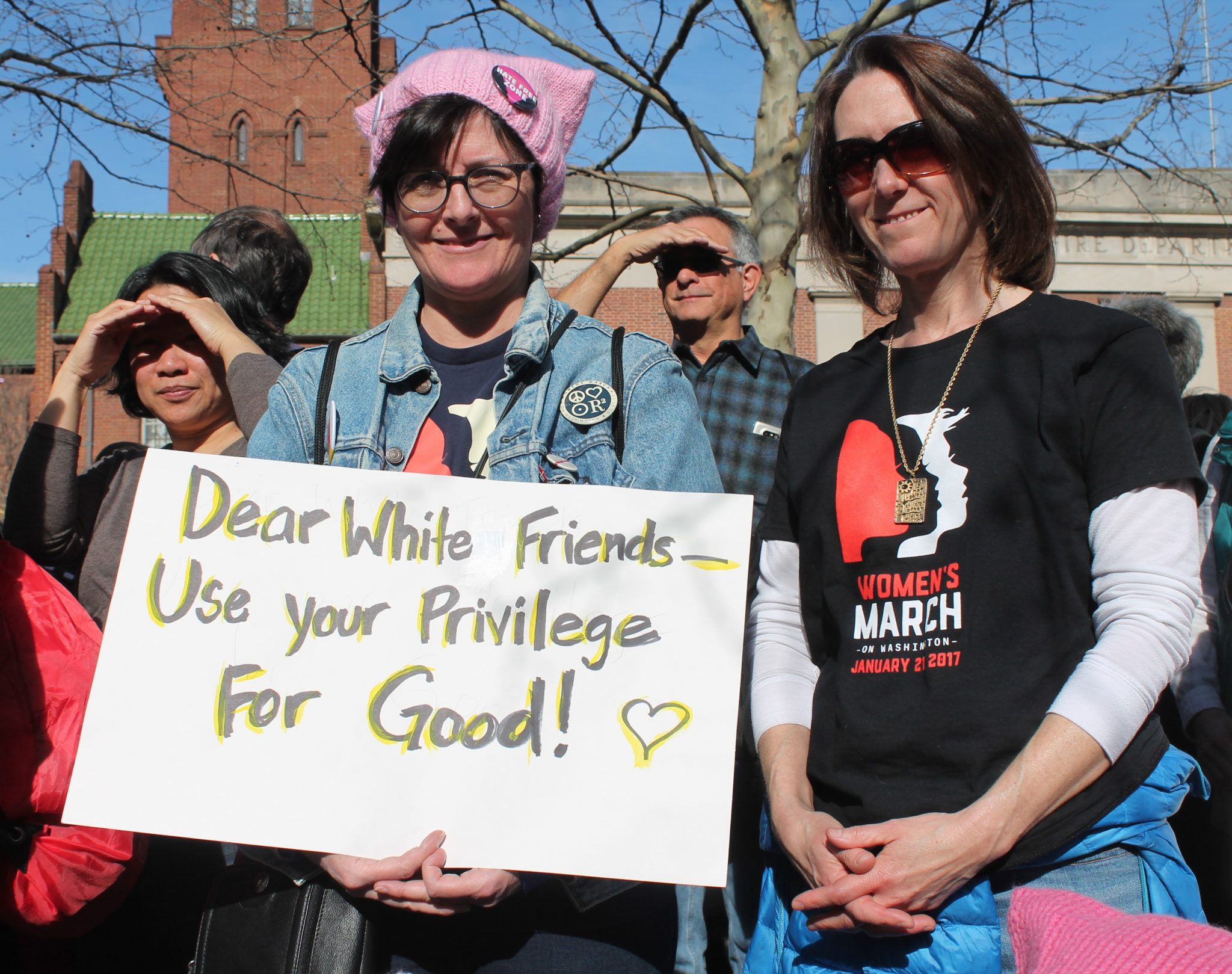
The Workforce:
White privilege exists in the workplace today in more aspects than one, and the best way I can describe it is through examples and statistics: the black unemployment rate (collected from Federal Reserve Economic data) is consistently twice that of the white unemployment rate, and it’s not because of a lack of effort. Because slaves were not given equal opportunities once freed, the poverty cycle was fueled. Minorities (freed slaves, immigrants, natives) were given the “poor” jobs and the higher paying jobs/education opportunities were provided to white men. Because of high tuition prices, job competition, and a history of an unequal job market, minorities are still stuck in the poverty cycle that prevents them from achieving the same things that white men have (almost) always been allowed to have.

Example: So let’s disregard the poverty cycle and other issues that inhibit a minority to succeed and say a white man and a black man are applying to the same exact job at the same exact company; both are of the same marital status, same education background (degree) from the same school, same exact work experience, etc. Since all of the applicants’ stats are the same, the only hiring factors left are subjective; if the candidate is the right “fit”. Based on statistics, the white man will be hired over the black man. This is due to racial bias within our society that benefits one race over the others, as previously described. If the employer is white, they are more likely to choose the white candidate for a multitude of personal reasons, whether it truly be racism, bias, or based on stereotypes; all of which are racially motivated. The black man is handed the short end of the stick, once again.
Politics:
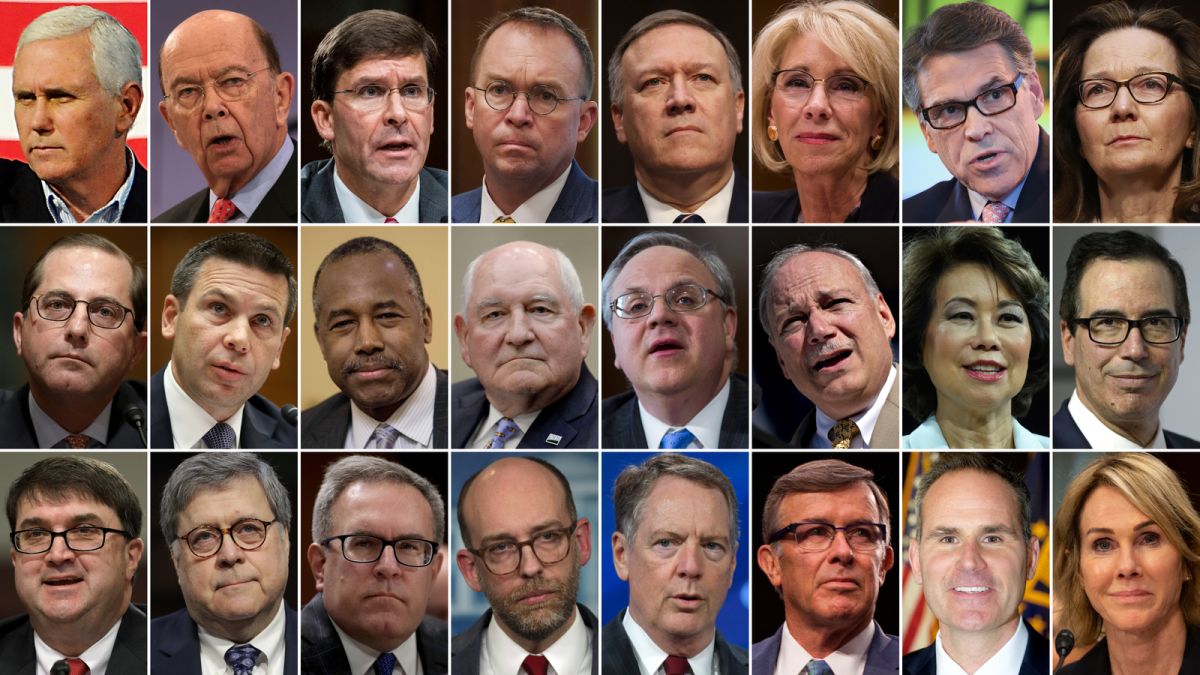
Politics in America today is mostly white, and this is not something we can ignore. We’ve only had one non white male president, Barack Obama. I mean, women have been able to vote longer than any minority and we haven’t even had a female president! Although strides are being made daily in order to diversify the American political climate, the majority still rules in politics. Since minorities were hardly even present in politics, even when they were legally “allowed” to be, the government only handled issues that white state representatives brought forth, leaving minority issues unresolved. Minority issues only began to be addressed due to protests, making it seem like the only way to change the system is to break it. Fast forward to today where the majority of our government still consists of white men. With more white representation, minority representation still remains as, well, the minority.

White privilege lies in the actions of the government in the past and the present, and the whiteness of our government is proof of that. Diversification is what fuels true equality, and with the majority remaining in power, the minorities still remain underrepresented…unless we do something about it! Since white people are the majority, voting privilege is very much real. From being allowed to vote since the nation’s founding to being the majority, white people have controlled politics in America and continue to. In order to diversify the political scene, instead of voting or supporting politicians that only benefit your life, look into candidates that see a much larger picture; one that creates the image of “freedom” and actually lives up to the phrase “all men are created equal”, therefore diversifying political issues to include minority experiences. Remember folks; there’s no “I” in team.
Law Enforcement:
Speaking of politics, law enforcement disproportionately affects minority groups, especially the black and latinx communities. In most states, the previously convicted are limited in their rights to vote. It is all situational and I won’t get into each federal law that allows convicts of certain felonies or misdemeanors to vote, so just know, that due to higher black incarceration rates, black voices are further silenced. Now let’s get into why black Americans specifically are targeted for crimes more often than white Americans…

American policing has never been equal; before the first nobody-doubts-it police station, police, mostly in the south, were primarily used to retrieve and punish runaway slaves. They were coined “slave patrols” and could quite literally break into anyone’s home if they deemed it “suspicious” of hiding runaway slaves. However, after gaining freedom, American law enforcement had been established. Because African Americans were all newly counted citizens due to the 14th amendment, they were subject to following the same laws that those who’ve already been working with established jobs did. Without an easy access to a job, not to mention one that would sustain one person’s vital needs, black Americans were unable to pay the same taxes in addition to state issued taxes imposed on free blacks. As you can see, this is mainly how the aforementioned poverty cycle began. And, since they were unable to pay taxes, they were charged with tax-evasion related felonies. This wasn’t the only area that caused the policing system to target blacks; black codes and Jim Crow laws furthered discrimination towards black Americans within decades after the Civil War’s end. Jim Crow began in 1877 and ended being enforced completely in 1965 with the Voting Rights Act. 1965 was only 56 years ago…and that’s ignoring the integration process that lasted until the 70s. With heavy racism so close to our reality, it’s no wonder that the system is broken.

The Black Lives Matter protests of 2015 and this past summer have continuously opened the discussion surrounding the inequalities of the law enforcement system, and it is a perfect example of modern day push for equality. Police brutality and racial profiling is still alive and well; just because it wasn’t on the news doesn’t mean it didn’t happen! As white people, we will never be in the same position as minorities like the latinx and black communities when it comes to police encounters; due to over policing and racial profiling, among other various motives. To be honest, the police brutality conversation is one that deserves its own article…So if you want to hear/read some individual encounters regarding racism and the police, the following links are a good place to start!
Yunek’s story: https://www.aclu.org/blog/criminal-law-reform/reforming-police/being-black-not-crime-yuneks-story-police-brutality
Elizabeth’s story: https://www.pace.edu/multicultural-affairs/nyc/telling-our-story-in-written-words/my-first-encounter-racial-profiling-and-police-brutality
Untold Stories: https://news.northeastern.edu/2020/07/30/the-untold-stories-of-123-black-people-killed-by-white-police-officers-in-one-alabama-county/
Cultural Appropriation and Stereotyping:
In America, stereotyping and generalizations consume our daily thoughts whether we like it or not. And this doesn’t only exist in America, of course, but stereotypes can quite literally be found all across the country; through pop culture, the media itself, our history, literature, and in everyday life. And, with a discriminatory view on minorities, negative and offensive stereotypes were created and are still used today. These stereotypes affect how society views groups of people, whether it be a prominent political figure calling BLM protesters “thugs” or assuming all people with slightly darker skin are “from” somewhere else. With this, stereotypes connect to cultural appropriation. “Cultural appropriation” can best be described as taking aspects of a certain culture and using it other than how it was intended, therefore offending minority lifestyles. Any culture can be appropriated, but this extraordinarily problematic when white people take advantage of minority traditions that the minority is shamed for. This part may not make sense, so of course, I have a few examples!
Ex 1: Dream Catchers
![Should I Wear Dreamcatcher Jewelry? [Whys Yes] | Jewelry Guide](https://www.jewelryshoppingguide.com/wp-content/uploads/2019/05/dreamcatcher-meaning.png)
Certain indigenous cultures have made dream catchers for over hundreds of years and it is a part of their spiritual beliefs. As we have seen continuously throughout American history, natives have been torn from their homes and culture in order to make room for an ever growing America, and since indigenous beliefs differ so greatly from typical “white” beliefs, they were (and still are) ostracized. So, when looking into buying a dream catcher, buy from a native seller and treat the item with respect; it is someone’s culture and personal beliefs (this also goes for sage usage!!!) and it shouldn’t be used as an “aesthetic”.
Ex 2: Dreadlocks/Box Braids
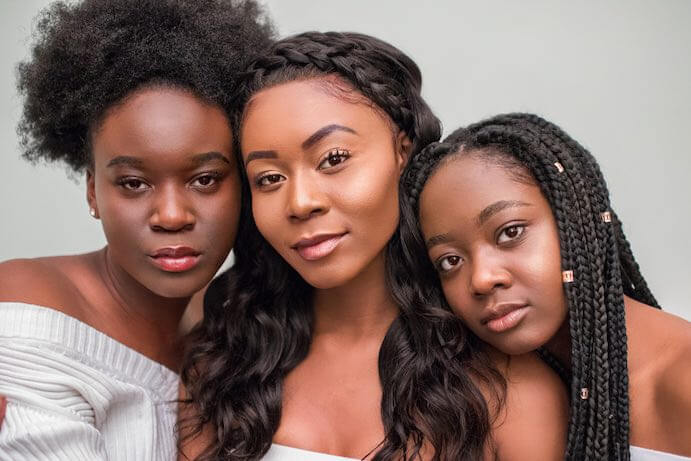
Black women and men alike have been shamed for their natural hair. Cultural hairstyles like locs and box braids are heavily associated with the black and indigenous communities; even today, stereotypes surrounding these hairstyles cause these people to feel shamed for wearing a hairstyle deemed “too street” or “inappropriate” despite it being a part of their respective cultures. So, when a white person appropriates these hairstyles it is offensive because of unequal treatment. If a minority cannot wear their own hair, why would it be okay to wear it yourself?
Ex 3: Tribal/Asian Script Tattoos
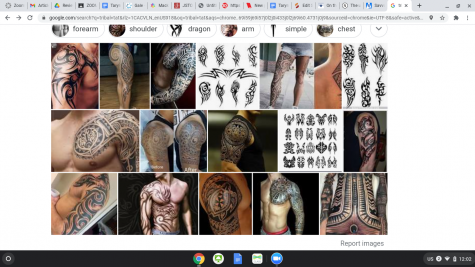
Tribal and Asian script tattoos are culturally significant, and although they look “cool” it’s not the best to get something of another culture permanently inked on your body. The best way I can explain it is via analogy: it’s as if an atheist got a crucifix or bible quote tattooed on them. It’s mostly cringey now, and I’m happy to see that the tribal tat trend is dying, but this goes for all cultural art as well, similar to dream catchers.
White privilege is…
Hopefully by this point those who did not believe, see, or recognize white privilege have a better understanding of it. The first step to peace between races is to create an equal society, and that cannot be done if the inequalities are not addressed. As white people, we must educate ourselves and listen to minority voices in order to create a more peaceful future for us all.



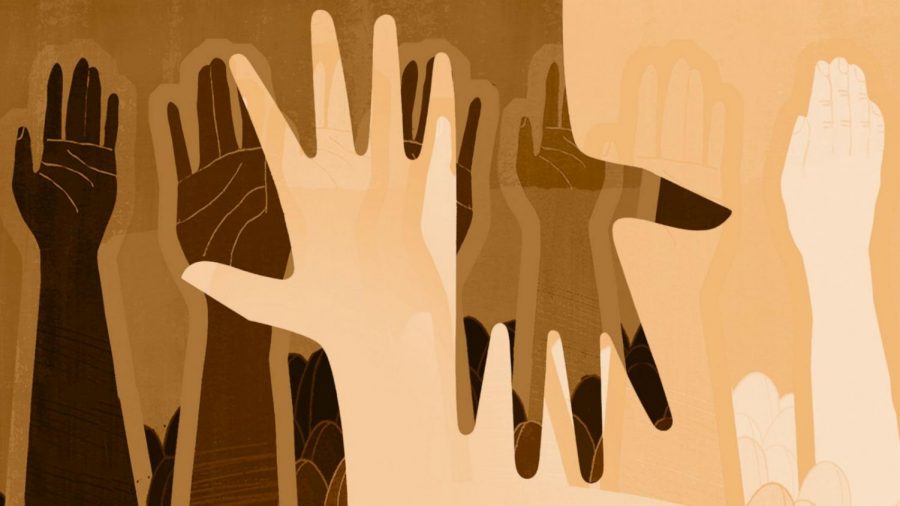
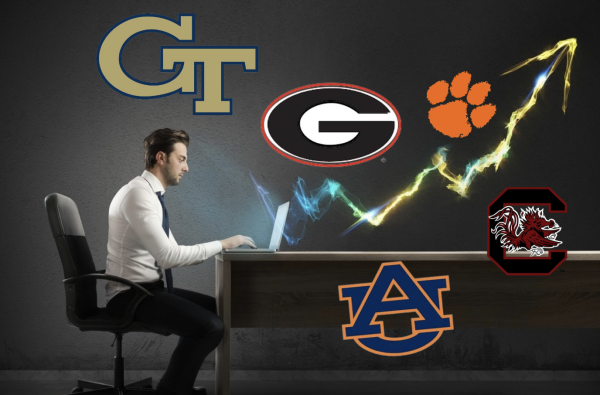

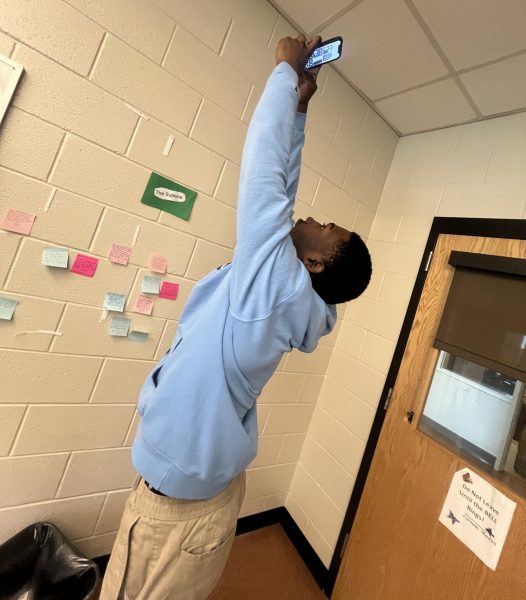
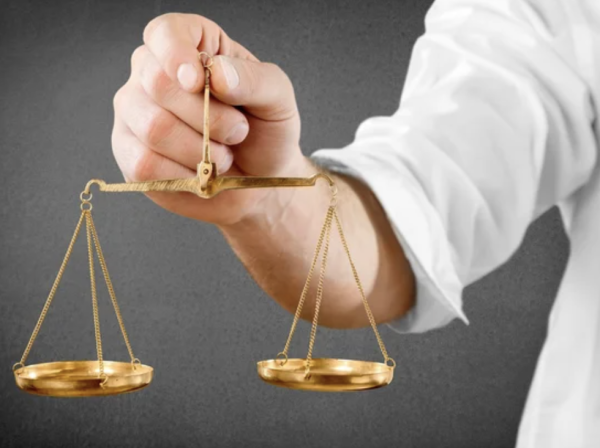
![Presidential Rizz [RANKED]](https://amhsnewspaper.com/wp-content/uploads/2024/03/jfk-600x338.jpg)

